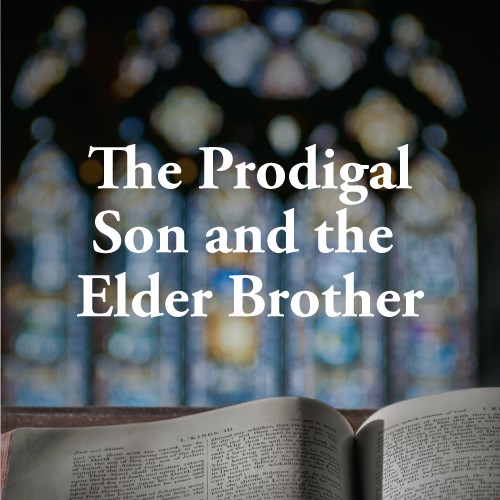
Lost Treasure (and the Search of God)
Tim Keller | January 11, 1998
Overview
Now Jesus seems to be continually arguing when we read the accounts of his life in the Bible. Why does he do so? Because Jesus would speak to people, but when people listened to him, they would take his words, they would take the sayings, and they would pour them into their own categories. They would listen to him, in a sense, through their own categories — their own biases, assumptions, and predetermined beliefs. Of course, that meant they weren’t really listening to Jesus at all.
What Jesus is saying continually is “I come in to blast out all of your foundational assumptions. I demand to be the thing through which you see everything. I’m here to open up new vistas, new realms of knowledge. I’m here to explode your paradigms.” First we’re going to look at what those foundational assumptions are — the grid that people believed to be true, the old set of assumptions, the prevalent and pervasive understanding of religion. And then we’re going to discuss the new paradigm, the new worldview that Jesus brings to the world.
Outline
Luke 15:1–12
Jesus often engages in discussions with people, encouraging them to see things from a different angle – his angle. In Luke 15, he shares stories about a lost sheep, a lost coin, and two lost sons to shake up old ideas and offer new ways of thinking. He invites people to see the world through his teachings, which can change their views about right and wrong, God, sin, human nature, and religion, leading to a transformed life.
1. Who are the main people influenced by this new perspective?
The Pharisees and regular folks, like us Americans, generally have traditional views, but Jesus’ acceptance of people considered outcasts challenged these views. He taught that everyone is separated from God because of sin, and even good actions can become obstacles. He brought a new way of looking at Christianity, which might not be liked by religious people, and encouraged people to reconsider their beliefs. If churches are attracting different followers than Jesus, they might be saying the wrong things.
1. A more serious look at sin
Sin isn’t just about breaking rules; it’s about trying to distance ourselves from God and take control of our lives. This idea is shown in the stories of the lost sheep and the lost son, where both characters reject help and provision. Understanding this complex view of sin, which can show up as foolishness, carelessness, or stubbornness, helps us better understand our actions and reasons behind them.
2. Higher value of individuals
Jesus’ teachings highlight the incredible worth of every person, comparing them to valuable possessions and showing God’s deep love for all people, which challenges typical ideas about God. The life-changing power of experiencing God’s love and sacrifice, like the prophet Isaiah did, is highlighted, along with the idea of atonement and the unique role of Jesus’ sacrifice. The narrative ends with the story of John Newton, a former slave trader turned abolitionist, underscoring the wickedness of slavery and the importance of recognizing the value and dignity of every person.



